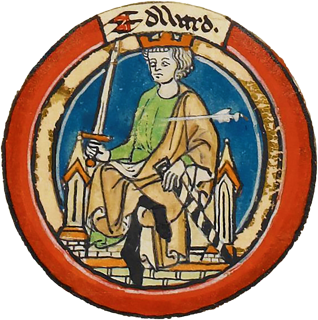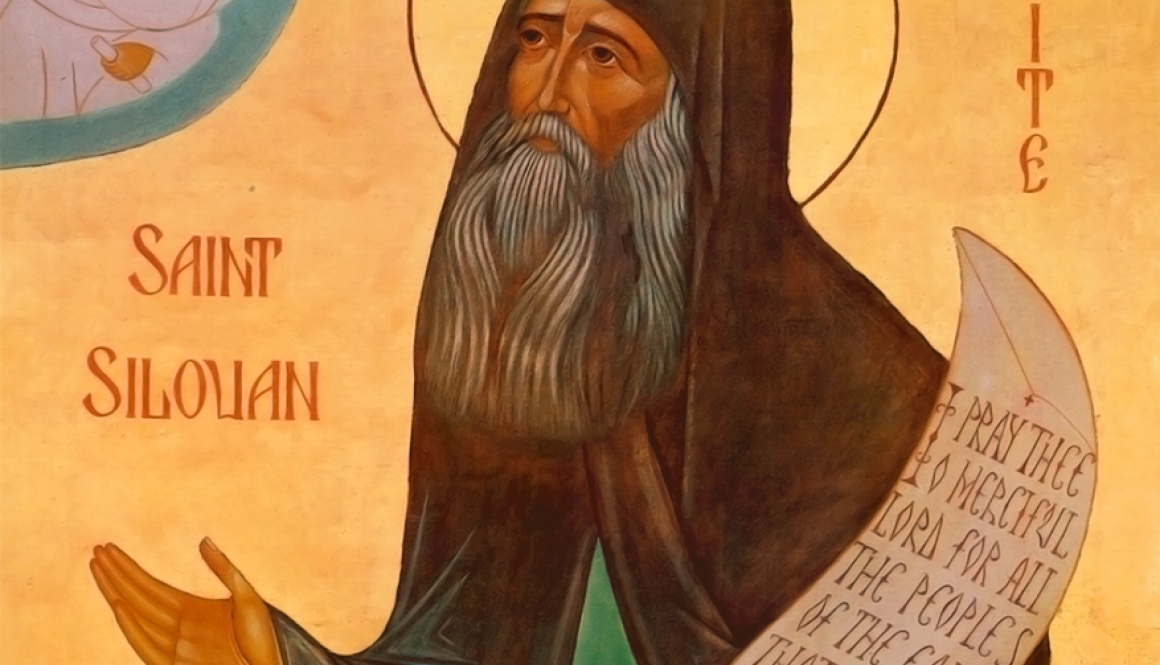3rd after Pentecost
Before becoming Orthodox, I remember reading in a copy of Orthodox Outlook that monasticism was an essential manifestation of Orthodoxy, and that without strong monastic communities, both of men and of women, Orthodoxy was unlikely to flourish in Britain as it should.
Those of us who have come from other Christian traditions are likely to find this statement puzzling. In the Roman Catholic Church the religious life has, in the past been strong, but since the 2ndVatican Council it has declined. Previously strong communities have been selling their buildings and moving to more modest premises. In general there is a serious shortage of vocations to this life. I use the word “life” intentionally because that is what in essence it is. On being professed as monks or nuns, men and women speak in terms of renouncing the world.
A similar situation exists in the Anglican Church. For about three centuries monasticism was unknown in England, with the exception of Nicholas Ferrar’s brief experiment at Little Gidding in the first part of the 17th century, and perhaps Newman’s small community at Littlemore, near Oxford in the 19th , but most of that community, including Newman were already on their way to Rome.
There was also an Anglican Benedictine community based at Nashdom Abbey until quite recently. When numbers fell the remaining monks moved elsewhere, and now the further dwindling community of three or four elderly monks live in the former Principal’s House at Sarum College near Salisbury Cathedral.
In the Roman Church, the religious life has always been valued and promoted, however unsuccessfully at the present time, but in the Anglican Church it never really took a hold in the experience of your ordinary “man or woman in the pew”. Few ever met a monk or a nun, or perhaps even knew that they existed within their church.
It is with our individual personal backgrounds that we approach the subject in the Orthodox Church. If your background is Roman Catholic, however, you will come with different pre-suppositions than if you are a former Anglican.
Let me say a few things about Orthodox Monasticism. This dates from very early times. St Paul writes of “widows and virgins”. Some have seen in these references the beginnings of a consecrated religious life for women. However that may be, by the 3rd century there were definitely hermits (solitaries) living in the deserts of Judaea and Egypt, rather as John the Baptist had done before them. Some of these spent the whole of their lives as solitaries in prayer and asceticism. Some attracted (passively) others who wished to learn from them and share in their way of life. Here we find the beginnings of the communal religious life, the first small monasteries, if you like.
St Anthony, who is usually called the father of monasticism, was strictly not that at all because he himself went out into the desert and learned from those already established there.
Around these people there developed what has been called a “Wisdom of the Desert”. Many of the sayings of these early Fathers were recorded and have survived. I find them extraordinarily perceptive but they are more than that. They speak of an “other-worldliness” that is in complete contrast to the world that we take for granted today because these people have already in a real sense left that world, a world that is passing. They live, at any rate in part in another world, a world that represents true
Reality, a world that will never pass away, a world that is calling them ever more surely and clearly.
This is the tradition that has been passed down in the Orthodox Church from the earliest times. In our church there are no religious orders following different rules set down by their founders. The tradition has been passed down by word of mouth and example from Spirit-filled Elders to their spiritual children. Also, the teaching of many saints on the spiritual life has been preserved. Much of it is available in English translation. Some will continue the tradition through monastic life, but others in the world. This is in many ways far more difficult.
This is because of the continual attractions and temptations of life. However, life in the monastery is not easy either. There, often an extreme asceticism is called for, and this is not for all. Some fall by the wayside. It can lead to great spiritual gifts and rewards, but unless a monk is under the guidance of an experienced Elder, there is always the danger of Satanic delusion.
You may wonder why I set out on this subject this morning. It was inspired by the reading from the Apostle. Listen to it again. “Brethren, since we are justified by faith, we have peace with God through our Lord Jesus Christ. Through him we have obtained access to this grace in which we stand, and we rejoice in our hope of sharing the Glory of God. More than that, we rejoice in our sufferings, knowing that suffering produces endurance, and endurance character, and character produces hope, and hope does not disappoint us, because God’s love has been poured into our hearts through the Holy Spirit who has been given to us.”
As I read this it seemed to me that the apostle was speaking to those who, down the centuries, have followed in the monastic life. He writes of the grace of God, that mysterious but essential free gift of God which enables us to experience a share in his Glory. He also writes of the need to rejoice in suffering – definitely not an easy one, but we shall all suffer at some time to some degree, and if we are not prepared, or unable, to rejoice in our suffering it will be terribly spiritually destructive It is only through this means that we will be enabled to grow in faith..
I have spoken this morning mostly about monks. I have occasionally mentioned nuns, but in Orthodoxy the word monastic is an inclusive one. It refers to both men and women. Monasteries can also be for either men or women. The word convent is not normally used.
I hope that this morning you will have seen some aspects of the Churches absolute need for people to enter the monastic life today, for without such a back-up the church will be weaker in its witness.
As a post-script, all Orthodox bishops are monks. Our last bishop, Metropolitan John let it be known that being a monk was of the greatest importance to him. Now, after a short time as our bishop he is our Patriarch, but I am sure that our new Metropolitan, who he will have had a major part in appointing to our archdiocese will, in due course, be a worthy successor.
Unfortunately he has suffered ill health for most of his time with us so far, but from my experience of him to date, although limited, I see him as an intensely spiritual man, a true monk, and we can give thanks to God for that.
As a footnote, Vladika Silouan not long ago had a new form of treatment in hospital for his condition. When we pray for him in the Liturgy at present it will be especially for his restoration to full health.

